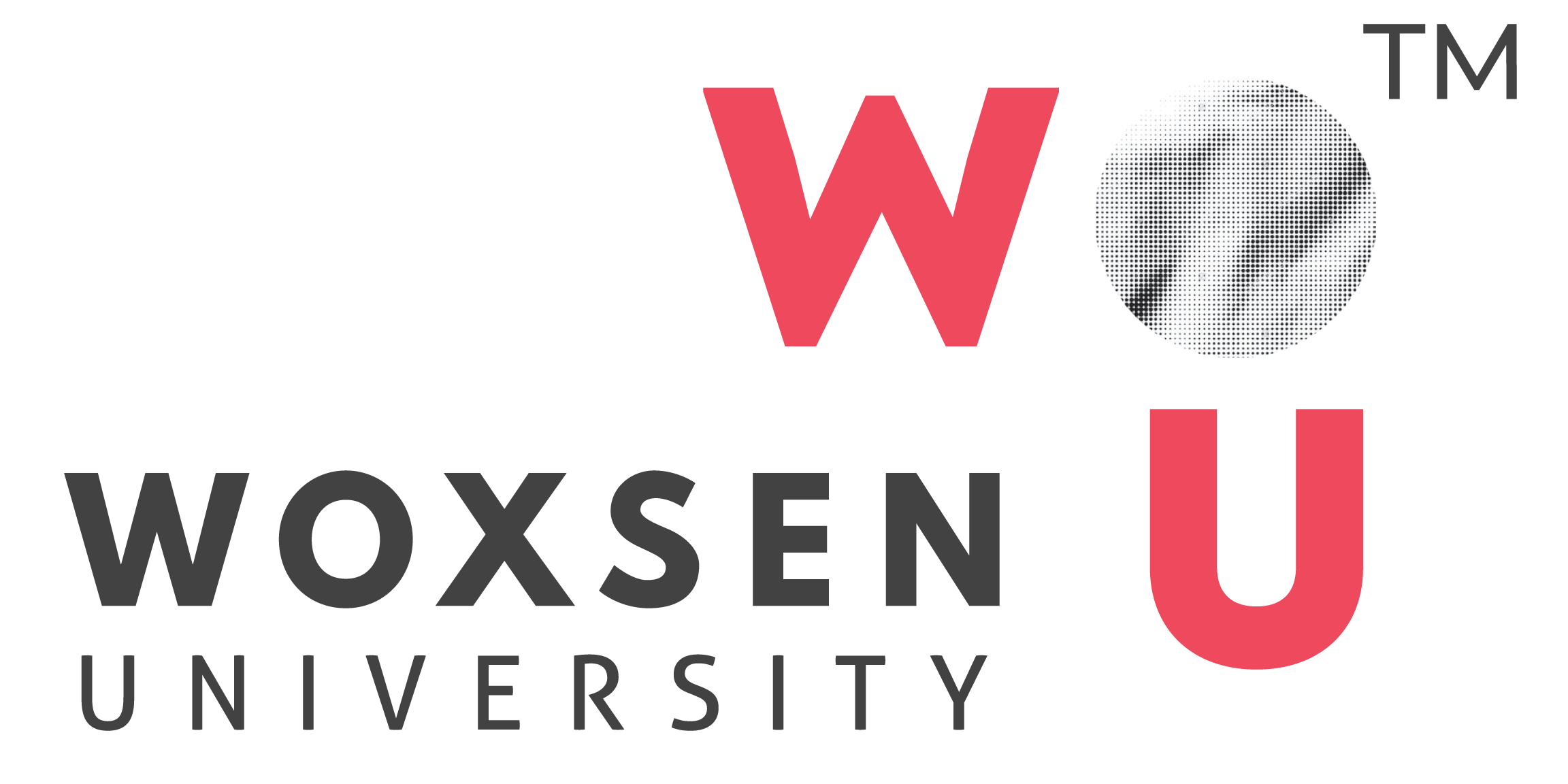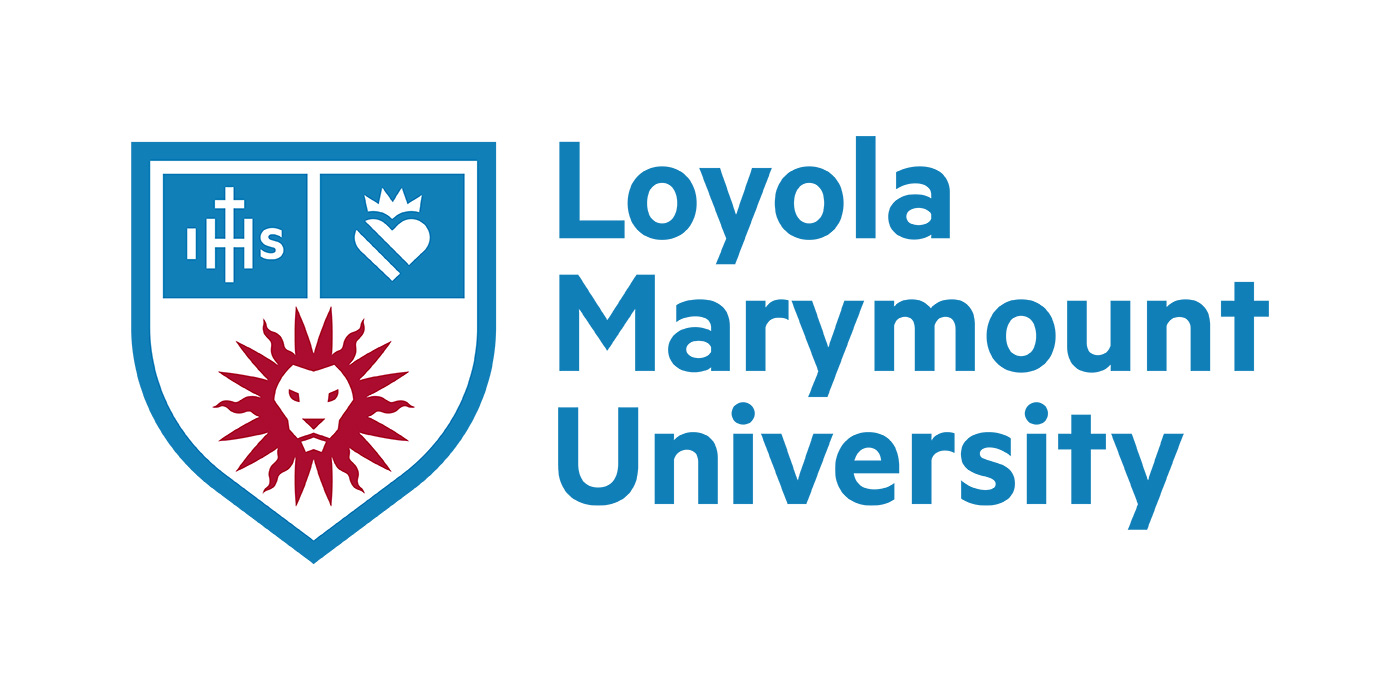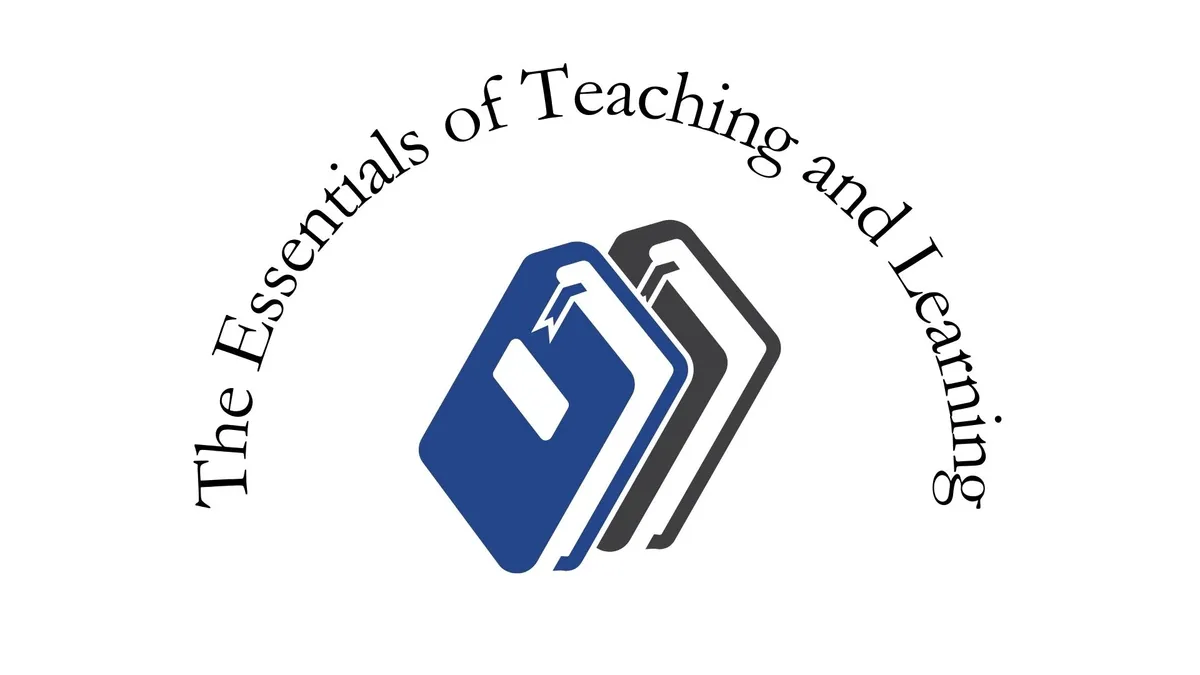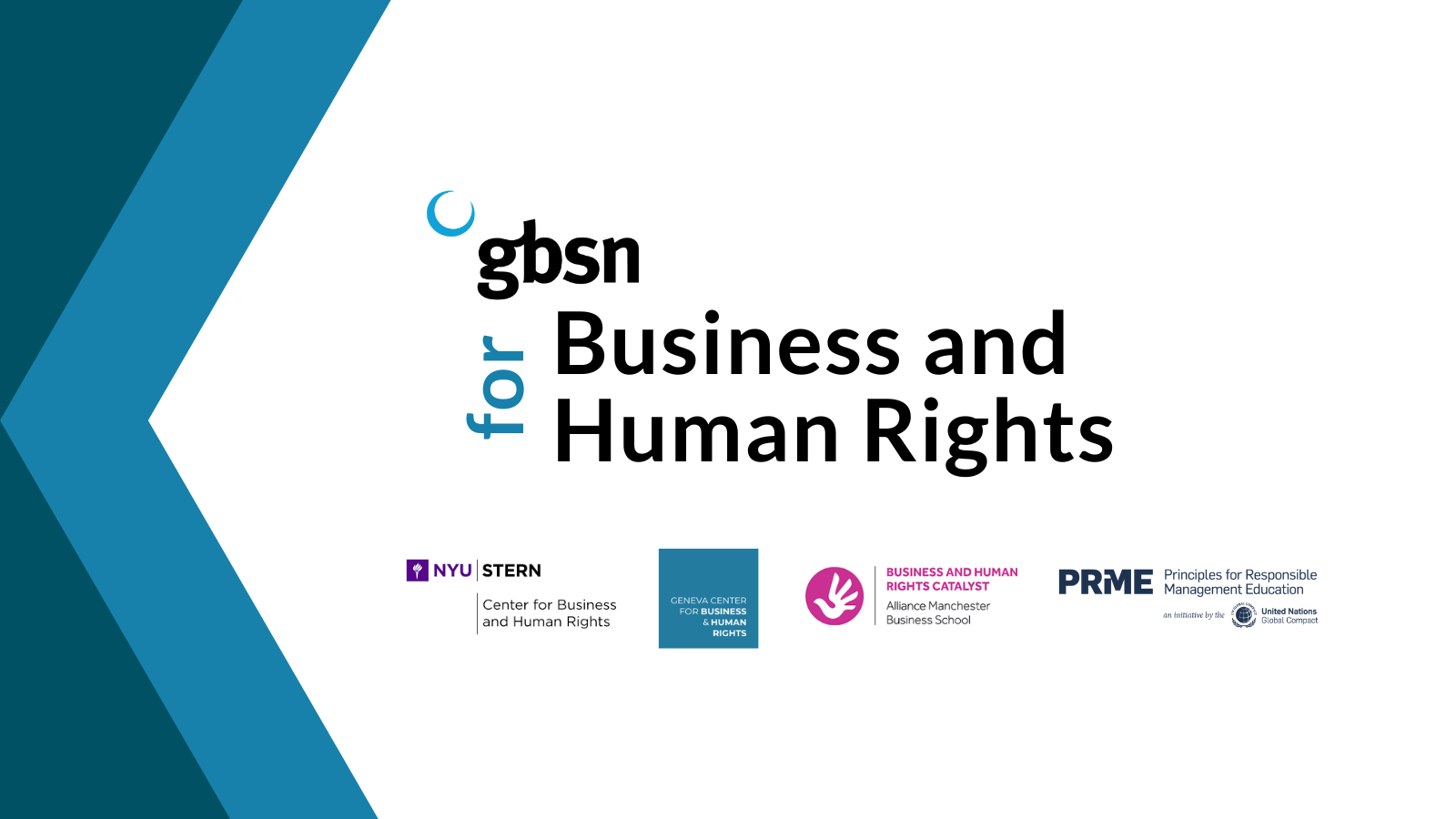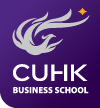
The Changing Landscape of Labour Rights and Responsibilities in Business: Implications for Business Schools in the Middle East Facilitated by MEBAS in collaboration with ILO & GBSN Moderators: Prof. Dan LeClair, Chief Executive Officer, Global Business School Network (GBSN) Alix Nasri, Technical Specialist, International Labour Organization (ILO) Panelists: Charles Autheman, Lecturer on Business and Human Rights, HEC Paris Maria Gallotti, Migration Policy Specialist, International Labour Organization (ILO)From 13:30 to 15:30 (Doha Local Time)The Zoom link for this live-streamed session will be shared with you three days before the event (i.e., on April 27, 2024)
Qatar CSR Summit
Hosted by Qatar University as part of the Qatar CSR National Program, the 2nd edition of Qatar CSR Summit will take placefrom the 30 April to 2 May 2024 at Qatar National Convention Centre (QNCC) – Hall 1. CSR Summit is a significant event that focuses on Corporate Social Responsibility (CSR) in Qatar. It addresses how organizations can align their economic, social, and environmental objectives with their operational strategies.
The Summit serves as a prime platform, bringing together professionals, industry leaders, academics, and stakeholders from around the globe to discuss, deliberate, and foster the growth of Corporate Social Responsibility (CSR) practices. They will collaborate to identify and address the major challenges in integrating CSR into core business operations, foster partnerships with key stakeholders in the private and public sectors and enhance the visibility and impact of their brands and initiatives.
Main Topics
Corporate Social Responsibility (CSR) trends are reshaping the way businesses operate and interact with society, impacting a range of areas from environmental sustainability to ethical supply chains. As companies increasingly prioritize minimizing their environmental footprint, they are also focusing on transparency and responsibility across their entire supply chain, upholding human rights and environmental standards.
- Circular economy
- Environmental Sustainability
- Ethical supply chains
- Workplace Diversity Management and inclusion:
- Digital Inclusion
- Cloud Computing
- Renewable Energy
- Employee engagement and well-being
- Ethical marketing and consumer awareness
- Impact Investing
- Climate change action
- Human rights and fair labor practices



